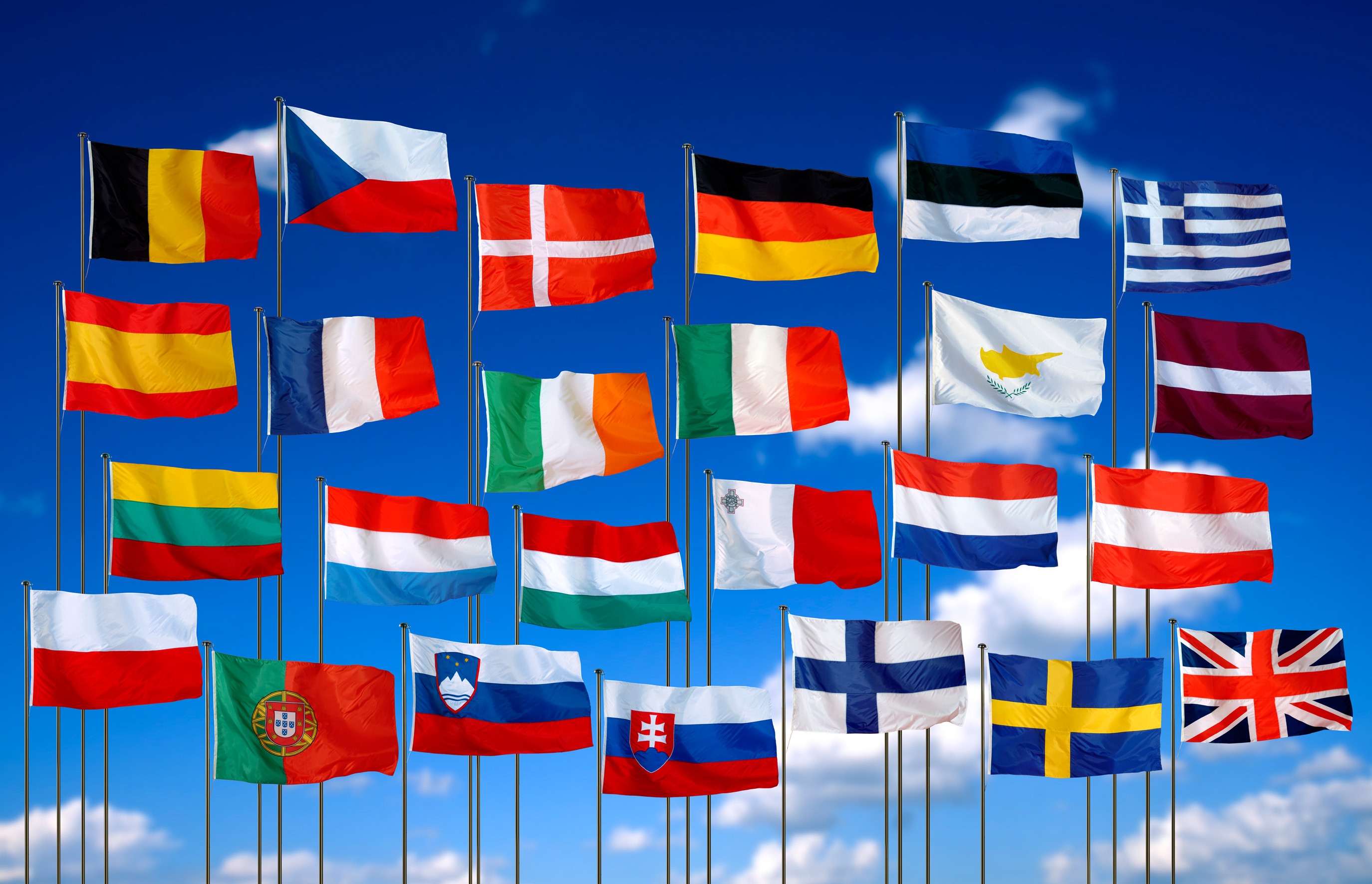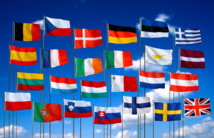The decision does not amount to a formal EU-wide arms embargo, which could have created legal complications for the many member states that are also NATO allies of Turkey, EU foreign policy chief Federica Mogherini said.
Monday's decision will allow for "more immediate decision-making" that is faster to implement than an EU arms embargo, Mogherini added following a meeting of EU foreign ministers in Luxembourg.
Last week, Turkey launched an operation in north-eastern Syria targeting Kurdish militias. Ankara considers them to be linked to the outlawed Kurdistan Workers' Party (PKK) which is waging an insurgency within the country.
The incursion has drawn condemnation from Turkey's Western allies amid fears of a severe humanitarian crisis.
In recent days, Germany has halted the export of arms to Turkey that could be used in Syria, in line with decisions taken by France, Sweden, the Netherlands, Finland and Norway.
In the "coming hours," Italy will join the initiative, Foreign Minister Luigi Di Maio said. However, the measure is to concern only future contracts, not ongoing supplies, he added.
"The EU condemns Turkey's military action which seriously undermines the stability and the security of the whole region, resulting in more civilians suffering and further displacement and severely hindering access to humanitarian assistance," the EU ministers said.
The bloc also called upon the United States, which leads the the international coalition against the Islamic State extremist group, to convene a meeting for them to "address how to pursue its efforts in the current context." Turkey is also a coalition member.
The EU has a "very serious concern" that Ankara's military activity is reopening the way for the Islamic State to rebuild territorial gains and recruit the forces that it once had, Mogherini said.
At the same time, the ministers noted that "Turkey is a key partner of the European Union and a critically important actor in the Syrian crisis."
Relations with Ankara have been strained in recent years. The country is an EU membership hopeful but has regressed on key benchmarks since a 2016 coup attempt. At the same time, Brussels relies on a 2016 deal with Turkey to keep refugees at bay, notably from Syria.
Earlier Monday, German Foreign Minister Heiko Maas stressed the importance of remaining in dialogue with Turkey, noting that this was not the time to consider economic sanctions against Ankara.
"If this is not successful, we must be prepared to take further measures," he added.
EU leaders are expected to return to the issue later this week, at a summit in Brussels that starts on Thursday.
Meanwhile, Luxembourg Foreign Minister Jean Asselborn warned that Turkey's NATO allies could get sucked into the conflict, should the Syrian government retaliate and attack its neighbour.
"Article Five of the NATO pact states that all other countries must help to defend a country if it is attacked," Asselborn said, describing the situation as "extraordinary."
Ahead of Turkey's incursion, codenamed Operation Peace Spring, the United States withdrew around 50 troops from the region, effectively clearing the way for Ankara. US President Donald Trump has since condemned the action, threatening Turkey with sanctions.
---------------------------------------------------------------------------------------------------------------------









 Home
Home Politics
Politics











